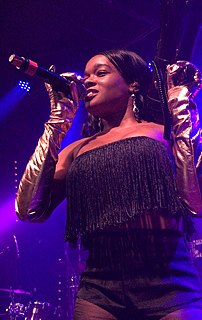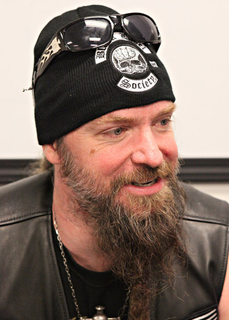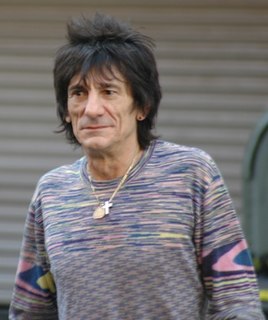A Quote by Azealia Banks
Black culture is cool, but black issues sure aren't, huh?
Related Quotes
I love everything black, because black is cool. When something crosses over, people are like, "Oh, this is a crossover." First of all, there is no urban anymore. Pop culture is black. White kids are dressing like black kids. It's all crossed the lines now. The way I understand it is, everything black is cool. When it crosses over to white, that means it's going from cool to uncool. That's what crossover is.
'Smart Funny and Black' is basically a live black pop culture game show that I created. We have a live band. We have two contestants that we call 'blacksperts.' They come on stage and compete in games that I've created that test their knowledge of black culture, black history, and the black experience.
I did not disregard my culture, if I did, it was the white American culture, and I accepted my true culture, when I accepted Mohammed Ali, because this is a black name, Islam is the black man's religion, and so I would like to say, that I would like to clarify that point that I reclaimed my real culture, and that's being a black man and wearing a black name with a black body, and not a white name, so I would never say that I didn't disown my culture.
There are many things that black women can continue to do to help black folk. First, black women have historically been among the most vocal advocates for equality in our community. We must take full advantage of such courage by continuing to combat the sexism in our communities. Black women, whether in church, or hip-hop, don't receive their just due. Second, when black women are in charge of child-rearing, they must make ever so sure to raise black children who respect both men and women, and who root out the malevolent beliefs about women that shatter our culture.



































